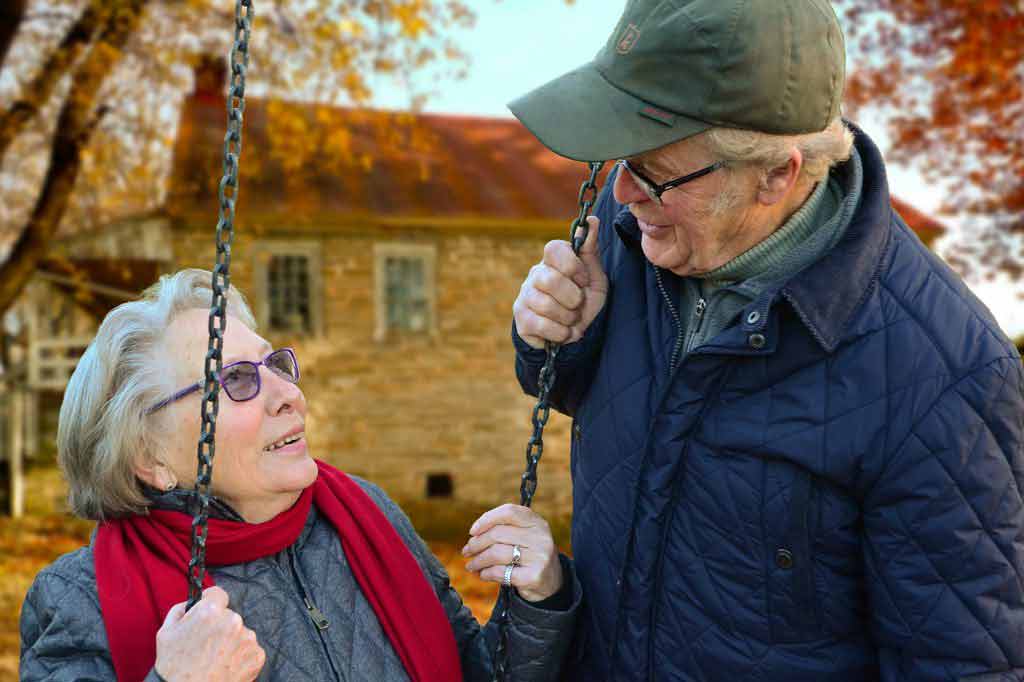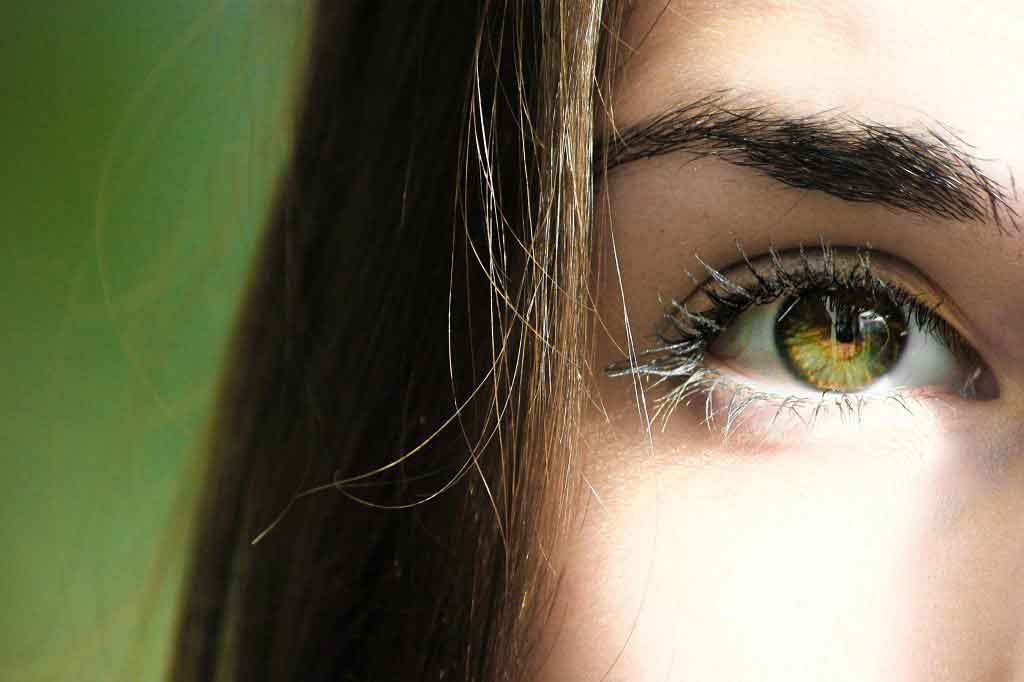Music therapy 'helps treat' depression
Genetics and stem cells
Music therapy for depression
BBC News has reported that “music therapy can be used to improve treatment of depression, at least in the short term”.
This story was based on a trial in which people being treated for depression with standard therapy were also given 20 one-hour music therapy sessions. During the sessions they could play a mallet instrument, a percussion instrument or an acoustic, West African djembe drum. After three months, patients receiving music therapy had a significantly greater improvement in their symptoms than those who had only received standard therapy. However, assessments made a further three months after the therapy finished showed that these differences were no longer statistically significant.
Depression is usually treated with medication and psychiatric counselling. Previous studies have found that music therapy is a promising additional treatment for depression.
This was a well-designed trial that demonstrated the potential benefits of music therapy. However, it was a small trial with only 79 participants over a three-month treatment period. Longer, larger trials are required to confirm this finding and to determine the best length of treatment.
Where did the story come from?
The study was carried out by researchers from Finland and Norway. Funding was provided by the NEST (New and Emerging Science and Technology) programme of the European Commission, and the Centres of Excellence in research at the Academy of Finland. The study was published in the peer-reviewed journal The British Journal of Psychiatry .
This story was well reported by The BBC and The Daily Telegraph. The Independent covered the story accurately, but its headline suggested that music therapy is a cure, which is not the case. Although the study found an improvement in symptoms with music therapy, the difference was not significant after treatment finished.
What kind of research was this?
This randomised controlled trial aimed to compare the efficacy of combined music therapy and standard care with standard care alone in adults with depression. This is the most appropriate type of study design to answer this sort of question.
What did the research involve?
The study looked at 79 participants with diagnosed depression aged between 18 and 50. Participants were included irrespective of what medication they were taking and were allowed to continue with their medication during the study. They were randomised to receive either standard care with music therapy (20 sessions in total, with two sessions every week) or standard care alone.
Active music therapy involved individuals being invited to play either a mallet instrument, a percussion instrument or an acoustic djembe drum. During each hour-long session, the therapist and the patient both had identical instrumentation. The therapists were all professionally trained in music therapy according to Finnish training standards.
Standard care consisted of short-term psychotherapy (five or six individual sessions) conducted by nurses specially trained in depression, medication and psychiatric counselling.
Clinical measures of depression, anxiety, general functioning, quality of life and alexithymia (the ability to understand, process or describe emotions) were measured at the start of the trial. They were then measured at the end of the music therapy sessions (three months after treatment began) and again three months after the treatment had finished by a clinical expert who had not been told which of the participants had been given which treatment.
The main scale used to measure depression was the Montgomery–Asberg Depression Rating Scale, which is a 10-item questionnaire with scores ranging from 0 to 60. Other scales were used to assess anxiety and general functioning.
What were the basic results?
Of the 79 participants, 33 were allocated to receive music therapy with standard care. A total of 12 participants dropped out from the trial before the three-month follow-up and another three before the final follow-up, three months after treatment finished. The dropout rate was higher in the control group (receiving standard care) than in the music therapy group.
Individuals in the music therapy group attended an average of 18 out of 20 sessions, which is a high attendance rate.
After three months, scores from the three scales showed that those receiving music therapy plus standard care showed significantly greater improvement than those receiving standard care alone.
- Scores of depression symptoms (ranging from 0-60) improved on average by 4.65 more with the music therapy than standard care alone (95% confidence interval [CI] 0.59 to 8.70).
- Scores of anxiety symptoms improved on average by 1.82 more with music therapy than standard care alone (95% CI 0.09 to 3.55).
- Scores of general functioning were improved on average by 4.58 more with music therapy than standard care alone (95% CI 8.93 to 0.24).
When the authors defined a “response” as a 50% or greater reduction in the depression symptom score, they found 45% (15/33) of people responded in the music therapy group compared to 22% (10/46) in the control group: a difference of almost 24%. This was statistically significant (odds ratio 2.96, 95% CI 1.01 to 9.02). The improvements observed were clinically relevant. The researchers calculated that, for every four people to whom music therapy is offered, one will have a “response”.
However, when measurements of depression, anxiety and general functioning were taken three months after the treatment had finished, the differences between the scores were no longer statistically significant.
How did the researchers interpret the results?
The researchers say that “individual music therapy combined with standard care is effective for depression among working-age people with depression”. They say that these findings, along with those of previous research, indicate that music therapy is a valuable addition to established treatment practices.
Conclusion
Depression is commonly treated with medication and psychiatric counselling. Previous studies have found that music therapy is a promising additional treatment for depression. This randomised controlled trial demonstrated that people receiving active music therapy in addition to standard care had a significantly greater improvement in their symptoms than those receiving standard care alone after three months of treatment. There are some points that are worth noting:
- This was still a small trial in only 79 participants, of whom 33 received music therapy. Larger trials will be needed to confirm the results.
- The treatment period was only three months. Longer trials are required to confirm the best length of treatment, as in this trial there were no statistical improvements three months after treatment had ceased.
- When the authors defined a response as a 50% or greater reduction in the depression symptom score, they found 45% (15/33) of people responded in the music therapy group compared to 22% (10/46) in the control group, a difference of almost 24%. If this is confirmed in further studies it suggests that music therapy could provide important benefits.
This well-conducted small trial has shown that music therapy may be of some benefit as an additional treatment for depression, in combination with standard therapies. However, the benefit from this relatively short trial period only remained statistically significant while the people continued to have these therapy sessions. In the context of the other trials listed in a Cochrane review, the results suggest that a larger trial of longer-term music therapy is needed.






 Subscribe
Subscribe Ask the doctor
Ask the doctor Rate this article
Rate this article Find products
Find products







